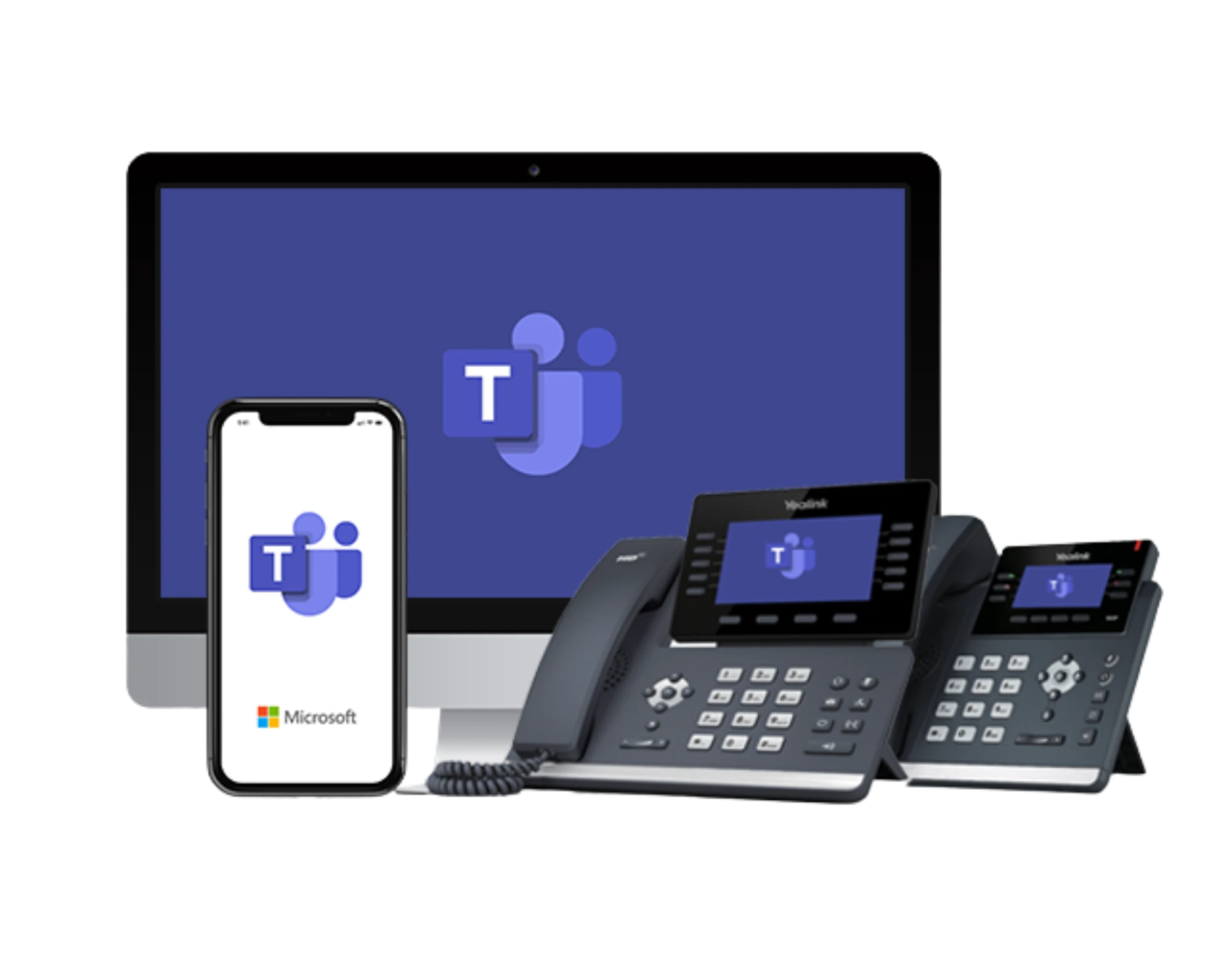
North Carolina Attorney General Josh Stein is leading the fight nationwide to stop the scourge of robocalls, get his tips here.
In the digital age, the distinction between welcomed voice communications and the pervasive nuisance of robocalls has become increasingly blurred. This challenge underscores the critical need for advanced technological solutions and strategic frameworks to protect consumers and ensure the integrity of telecommunication networks. This extended discourse delves into the multifaceted approach required to mitigate unwanted robocalls, highlighting the role of user interface and experience design (UI/UX), digital identity verification, comprehensive KYX (Know Your Everything) strategies, and the pivotal role of monitoring, authentication, and validation technologies.
The phenomenon of robocalls, primarily facilitated by the widespread adoption of Voice over Internet Protocol (VoIP) technology, has leveraged the cost-effective and scalable nature of Internet-based communication to reach an unprecedented number of consumers. This has significantly complicated the task of distinguishing between legitimate business outreach and unsolicited automated calls. The challenge is compounded by techniques such as telephone number spoofing, where callers disguise their identity by altering the caller ID, making it appear as though the call originates from a trustworthy source.
Addressing the issue of robocalls requires a comprehensive strategy that encompasses not only technological solutions but also regulatory compliance and consumer education. At the forefront of this battle is the STIR/SHAKEN protocol, a set of standards designed to authenticate caller IDs and thereby restore trust in telecommunication systems. However, the effectiveness of STIR/SHAKEN, while notable, is not a panacea, necessitating additional layers of verification and sophisticated data analytics to assess caller intent and authenticity accurately.
In this landscape, the significance of companies like Commio cannot be overstated. As a provider of trusted voice communication solutions, Commio embodies rigorous adherence to STIR/SHAKEN and other identity verification measures. By offering a secure platform for voice communications, Commio plays a crucial role in safeguarding businesses and consumers from the threats posed by fraudulent telecommunication practices. Commio’s commitment to delivering reliable communication services exemplifies the industry’s concerted efforts to counteract the robocall epidemic and ensure that voice communications remain a trusted channel for genuine human interaction.
Beyond technological solutions, the discourse emphasizes the importance of regulatory frameworks in establishing a conducive environment for combating robocalls. Recent advancements in regulations and the development of new standards are pivotal in setting the groundwork for more effective identification and blocking of unsolicited calls. Moreover, consumer education and awareness form an integral part of the strategy to combat robocalls. Businesses and service providers invest considerable resources in educating their customers about the nature of robocalls and known scams, empowering consumers to recognize and reject fraudulent communications.
The integration of regulatory measures, advanced technological solutions, and informed consumer behavior forms a comprehensive approach to mitigating unwanted robocalls. As we continue to navigate the complexities of digital communication, the dedication of entities like Commio to upholding the sanctity of voice communication highlights the critical importance of innovation and vigilance. By fostering a collaborative ecosystem that encompasses regulatory bodies, technology providers, and the general public, we can collectively enhance the security and trustworthiness of telecommunication networks, preserving the integrity of our digital interactions in the face of evolving challenges.


















